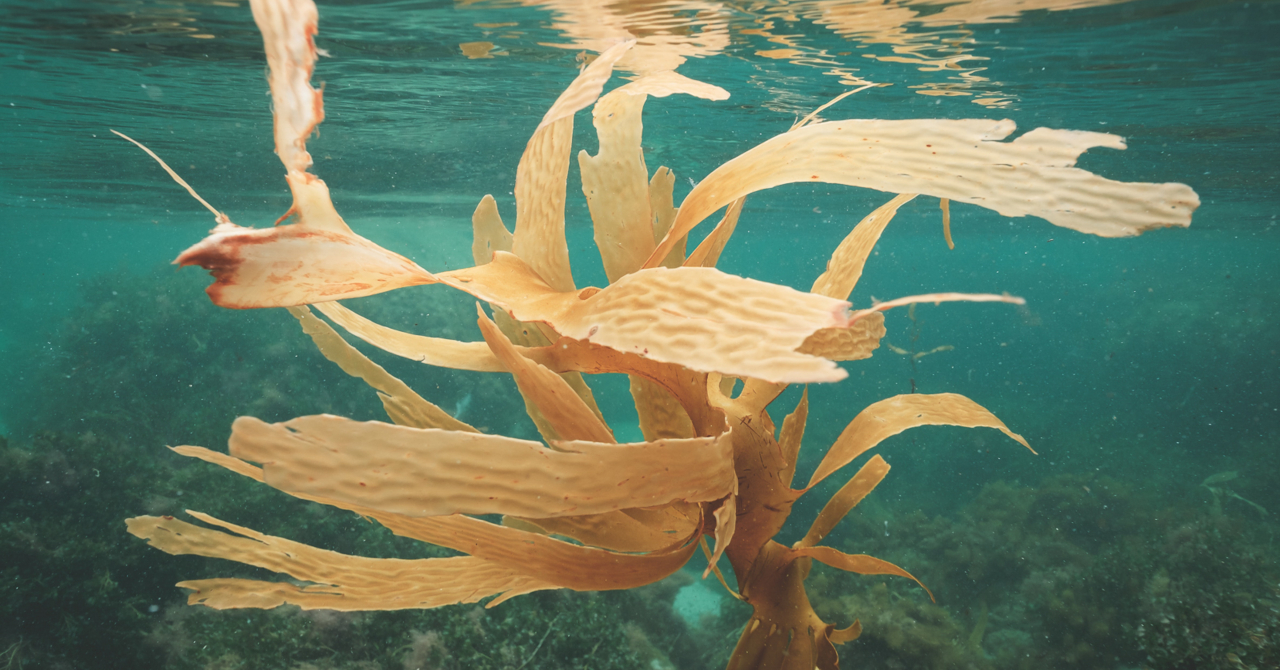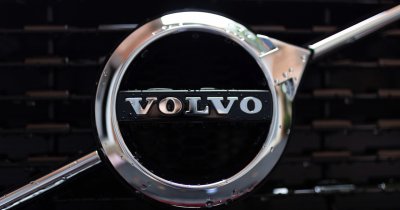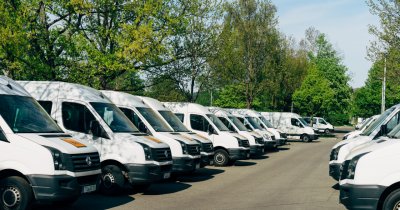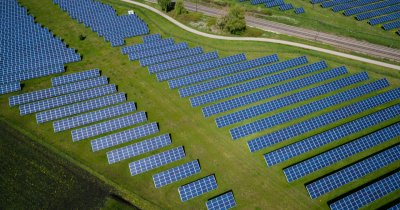According to BBC, it is now the turn of the Dutch to do just that, growing kelp on a 50-meters long, floating plastic tube.
North Sea Farmers is the organization that took care of the project and it says this was the world's first mechanical harvest of an offshore seaweed farm.
The team used a specially converted boat to lift the tube and cut the seaweed from it.
Eef Brouwers, North Sea Farmers' manager for farming and technology, said that the test was "an important first step" that can help with large-scale seaweed planting in the North Sea.
Among the members of the organization are energy company Shell and a food and consumer goods company, Unilever, and the organization hopes to be able to significantly boost Europe's seaweed production over the next decade.
Asia is currently the dominating seaweed exporter, with China being one of the biggest exporting countries in the world.
In 2019, the total seaweed harvest was calculated at 35.8 million tons, with 97% of the total quantity coming from Asia and more than half of that came from Chinese waters.
Algae has multiple applications, from human food and additive, to animal feedstock, ingredient in cosmetics and even fertilizer.
Added to that is the fact that seaweed works great as a way to capture carbon emissions from the atmosphere.
Seaweed for Europe is another trade group in the seaweed industry which hopes that the European Union will be able to produce some eight million tons of algae by 2030.
Adrian Vincent, an associate at the organization, says that this objective is "ambitious but completely achievable".
The European Commission is looking to support this effort, as a spokesperson said that the EU is already giving 273 million euros in financial support, and this amount "is expected to grow".
The Dutch government is also looking to help those interested in harvesting algae, and the country officials are considering setting aside some 400 square kilometers of waters in the North Sea for large-scale seaweed cultivation.
The Seaweed Company, a Dutch seaweed farming company, is already growing crops of kelp in Ireland, in the Netherlands and Morocco, among other places.
Joost Wouters, the firm's founder, said that "we are seaweed pioneers. Scale and speed is our mission. To be sustainable from the financial, social and ecological side, you need a lot of seaweed."
The company plants the spores in a laboratory and after that, they are being moved on ropes in a controlled environment. After they mature a bit more, they are moved out on the sea, where they are left to grow as they normally would.
"That's the beauty of it", Wouters says. "You don't need land, fresh water or fertilizer. That's why so many people are now seeing interesting opportunities in algae."
Other experts believe that large-scale farms are not the best solution and the industry is better-off looking at small-scale, widespread operations instead, which would pose less of a risk in a particular ecosystem.
Marc-Philippe Buckhout from Seas At Risk said that "large scale farms might be the industry's preferred way forward, but we would definitely favor smaller operations that are set in the sort of carrying capacity of the area that they're situated in."
Reinier Nauta, a specialist seaweed researcher at Wageningen University in the Netherlands, adds that "one of the most important questions is the impact of algae cultivation on the nutrient balance of the sea," he explains.
 Mihai - Cristian Ioniță
Mihai - Cristian Ioniță












Any thoughts?